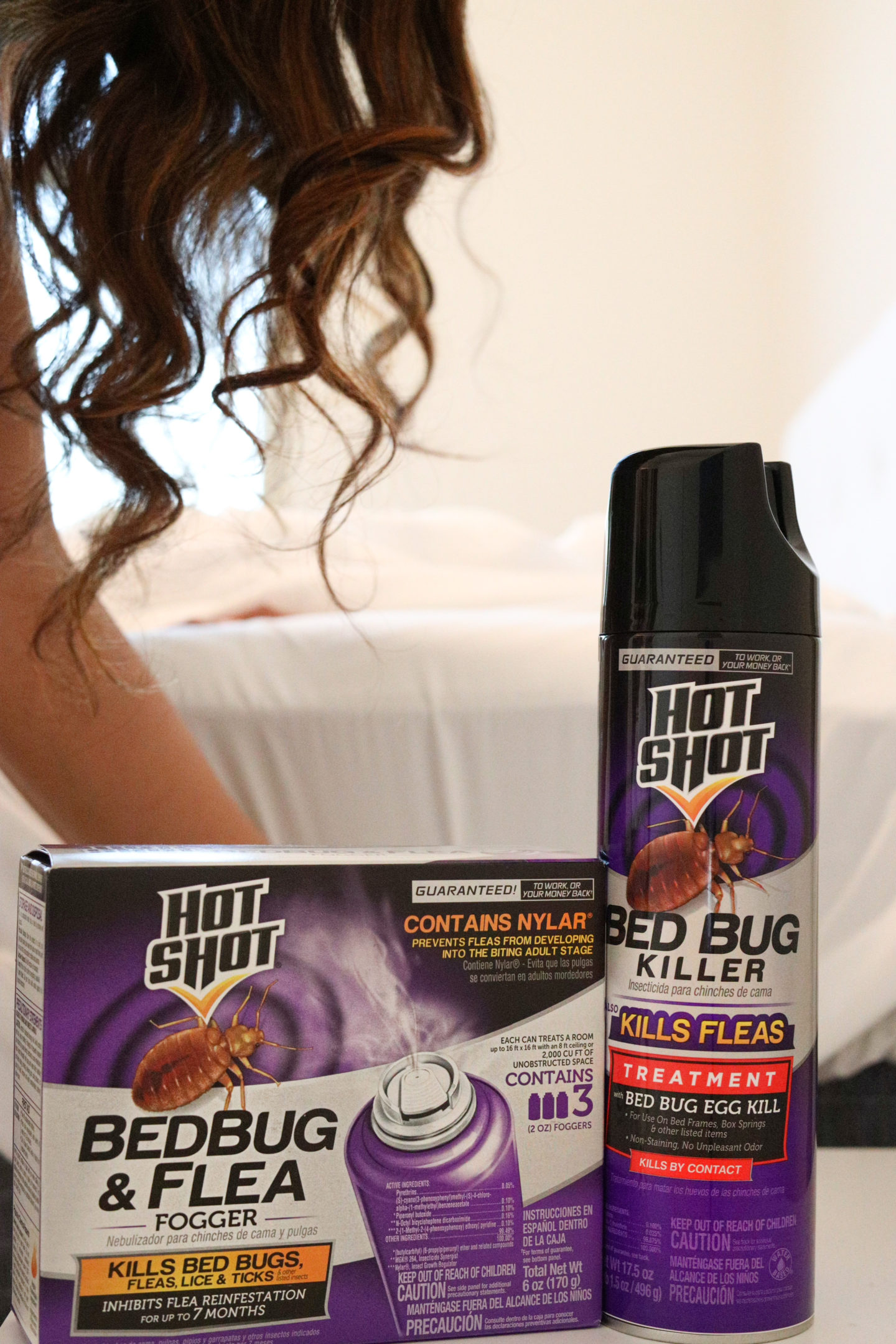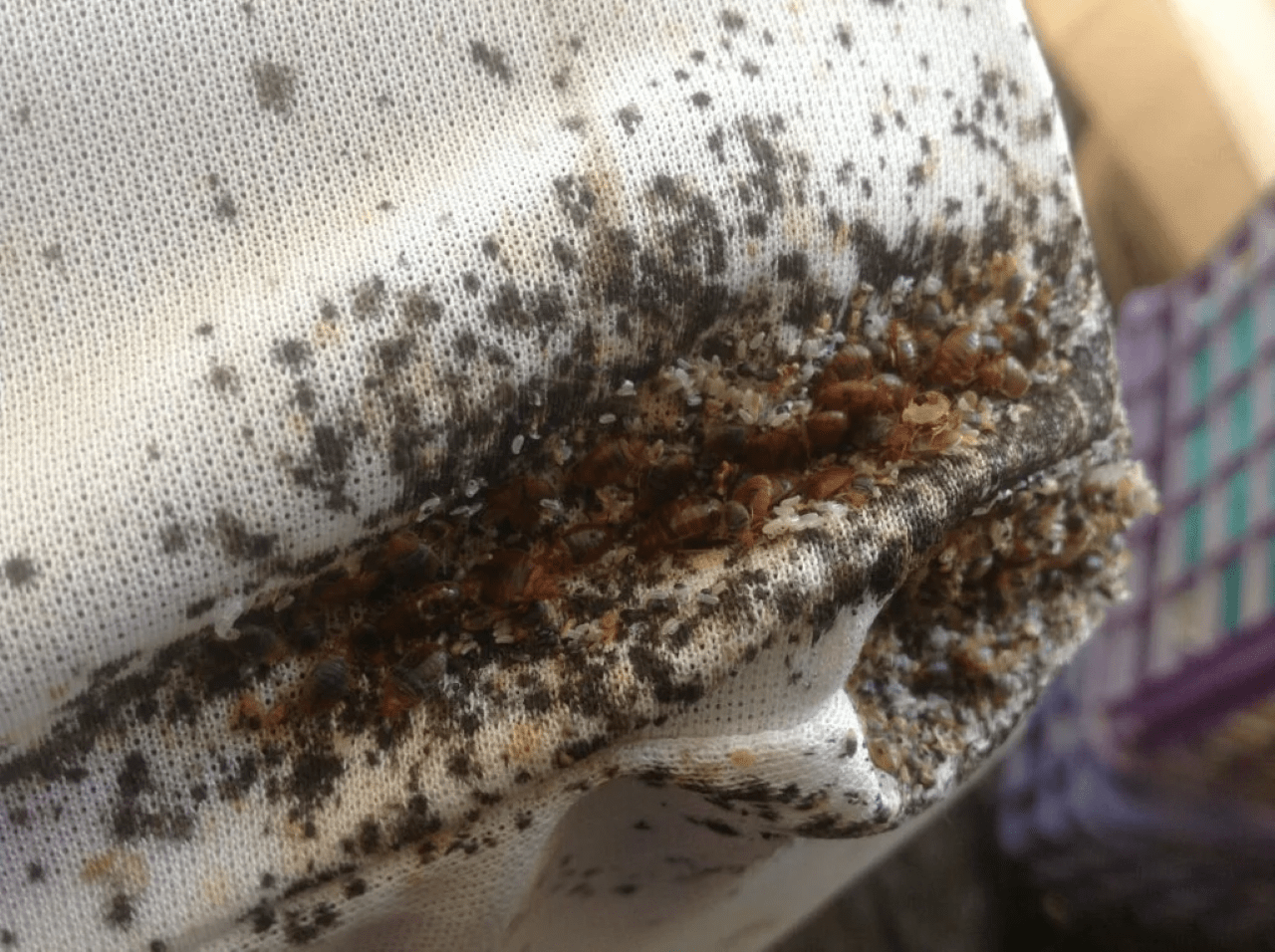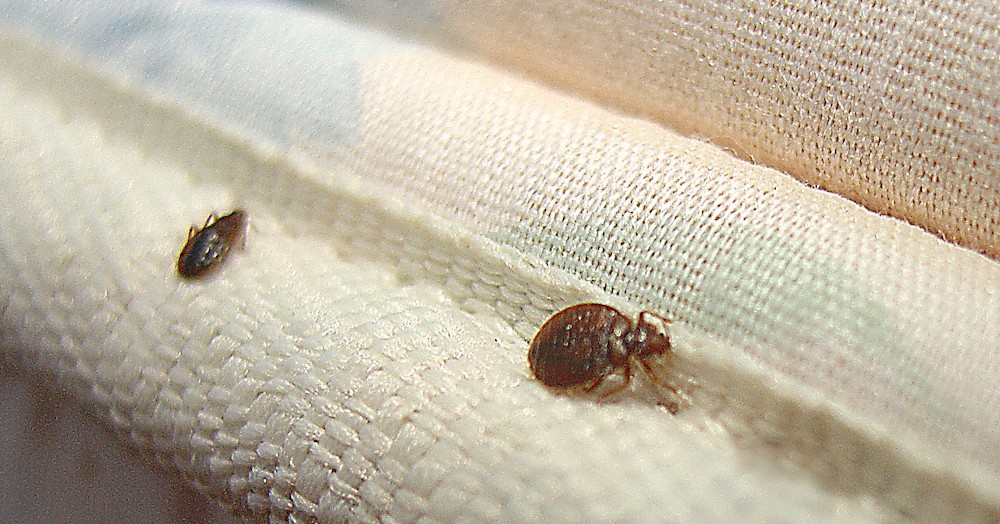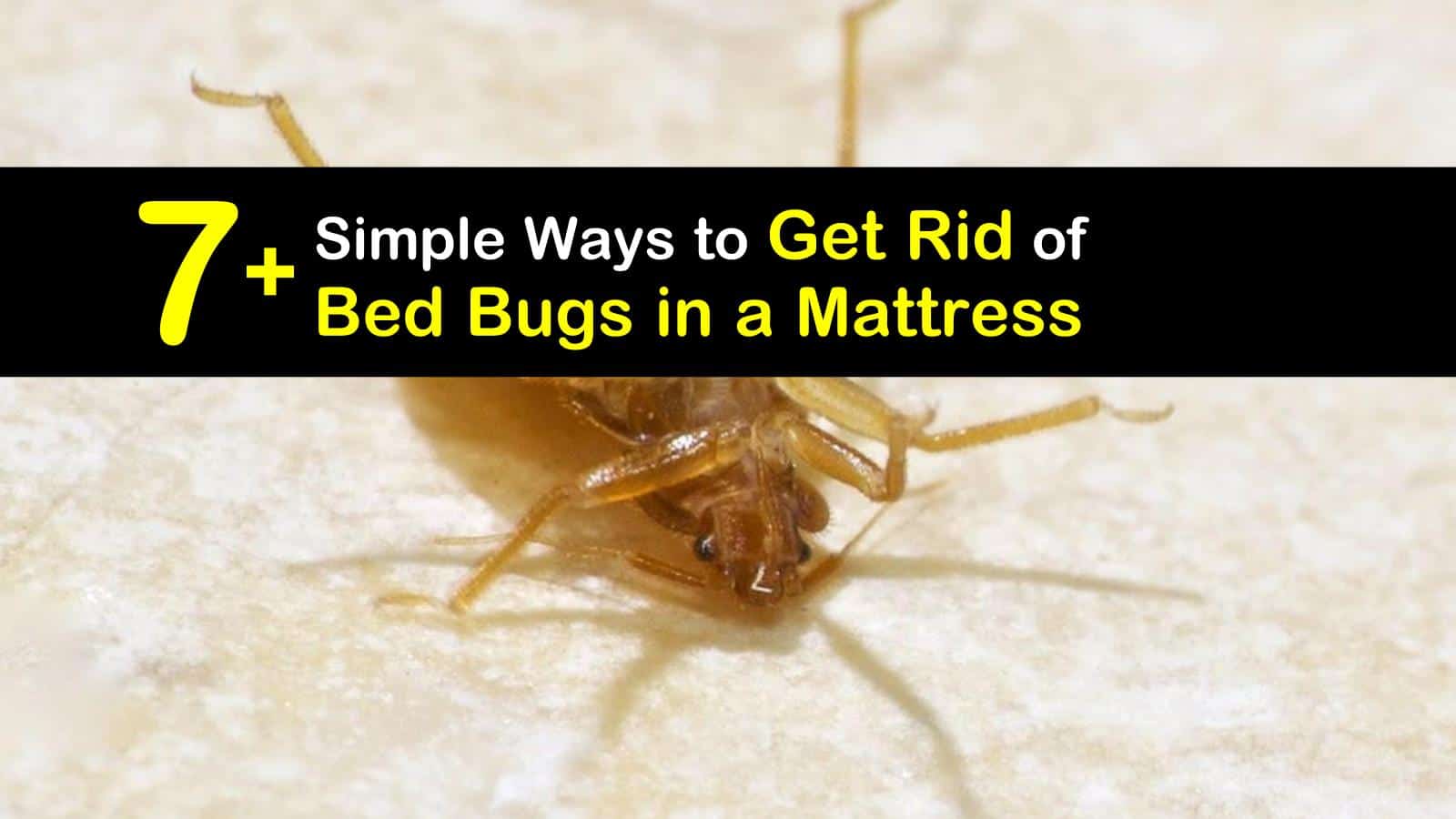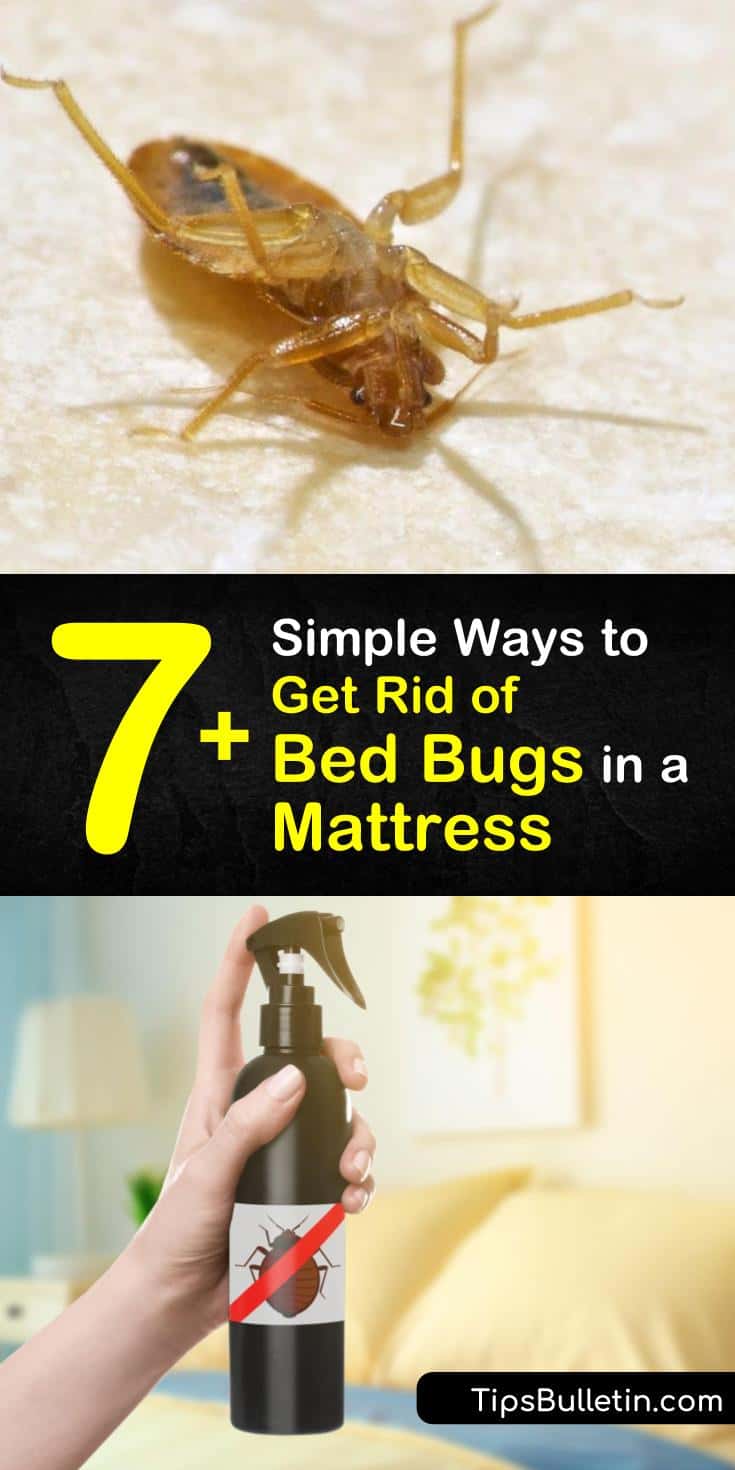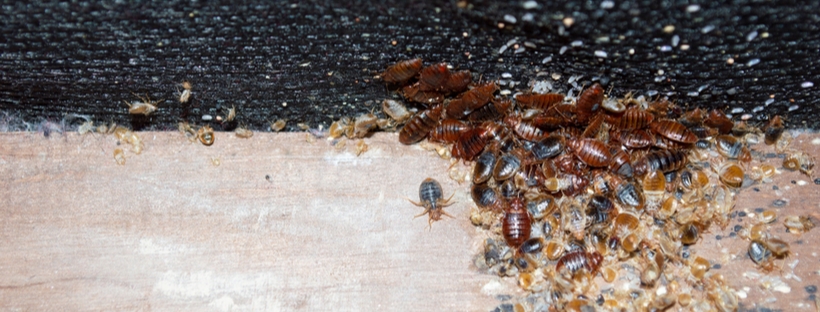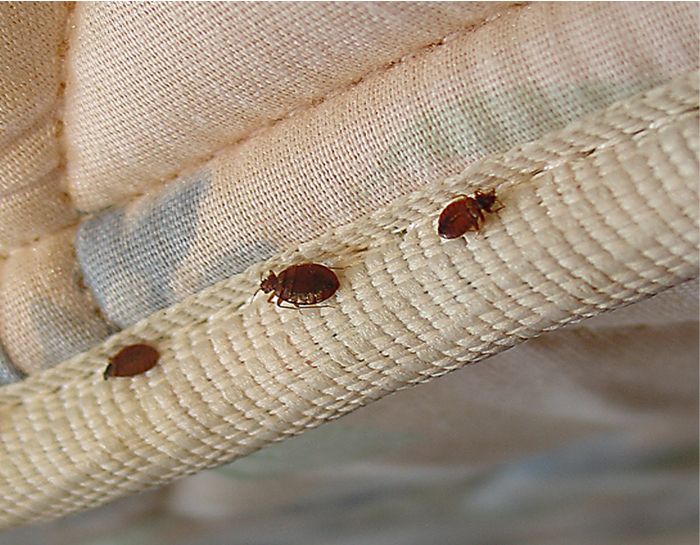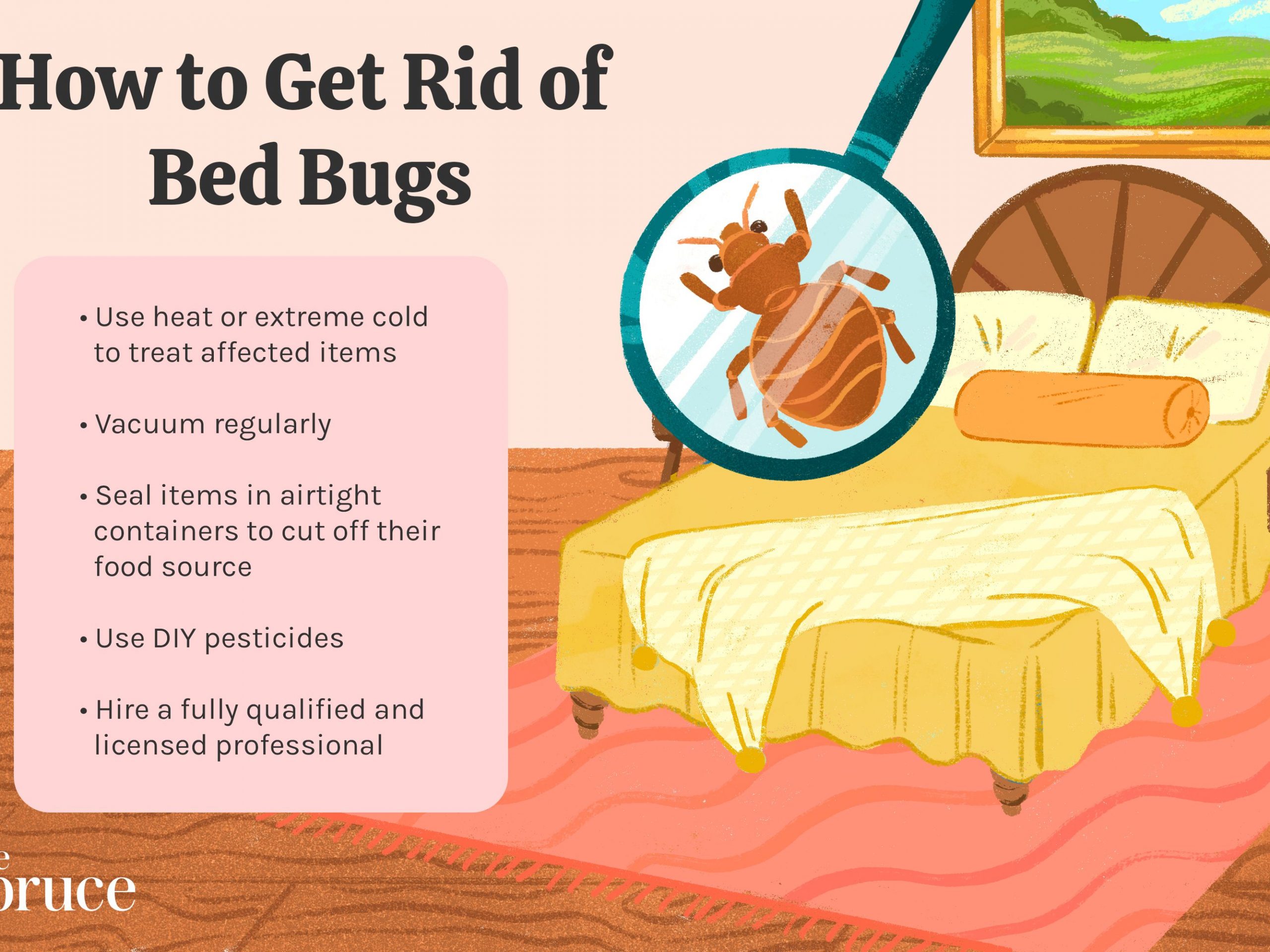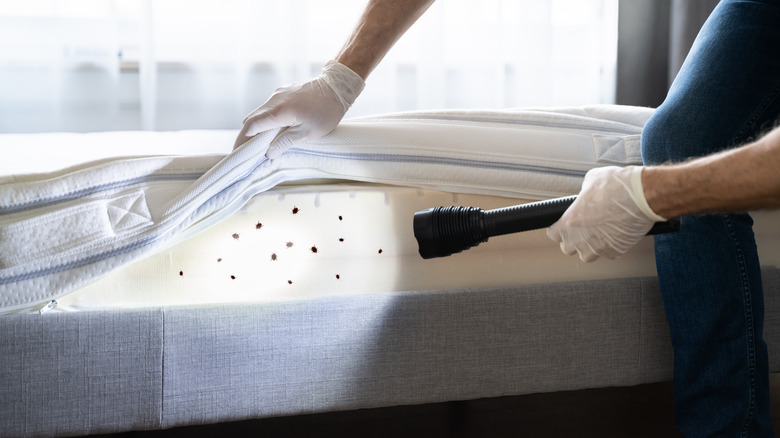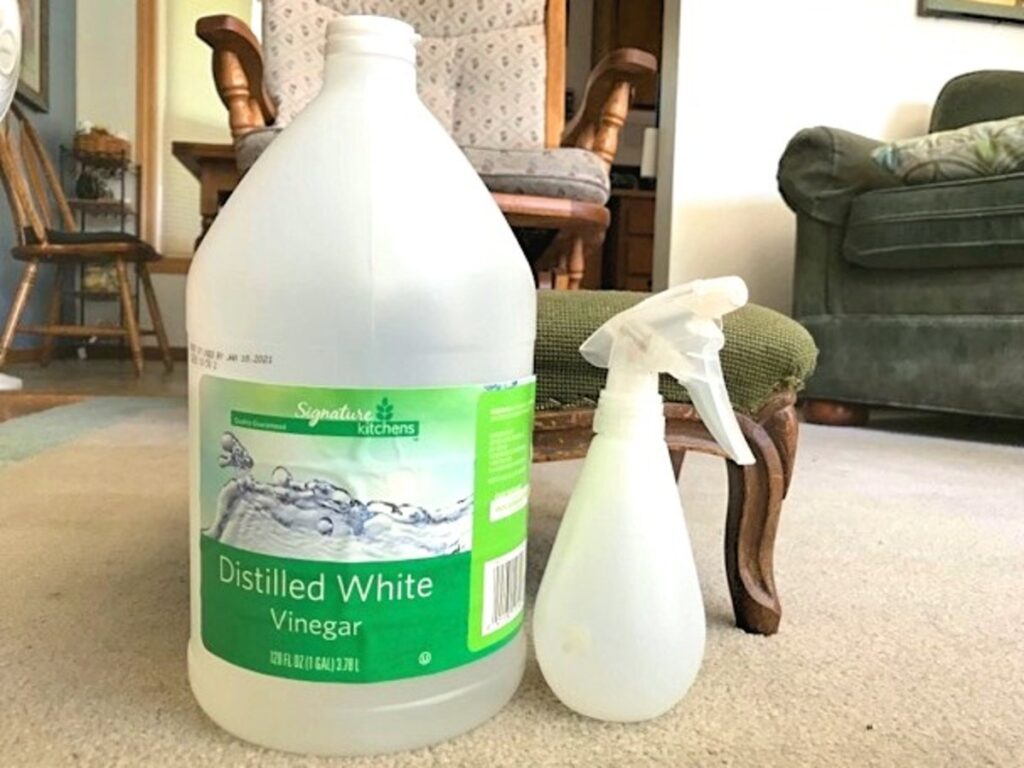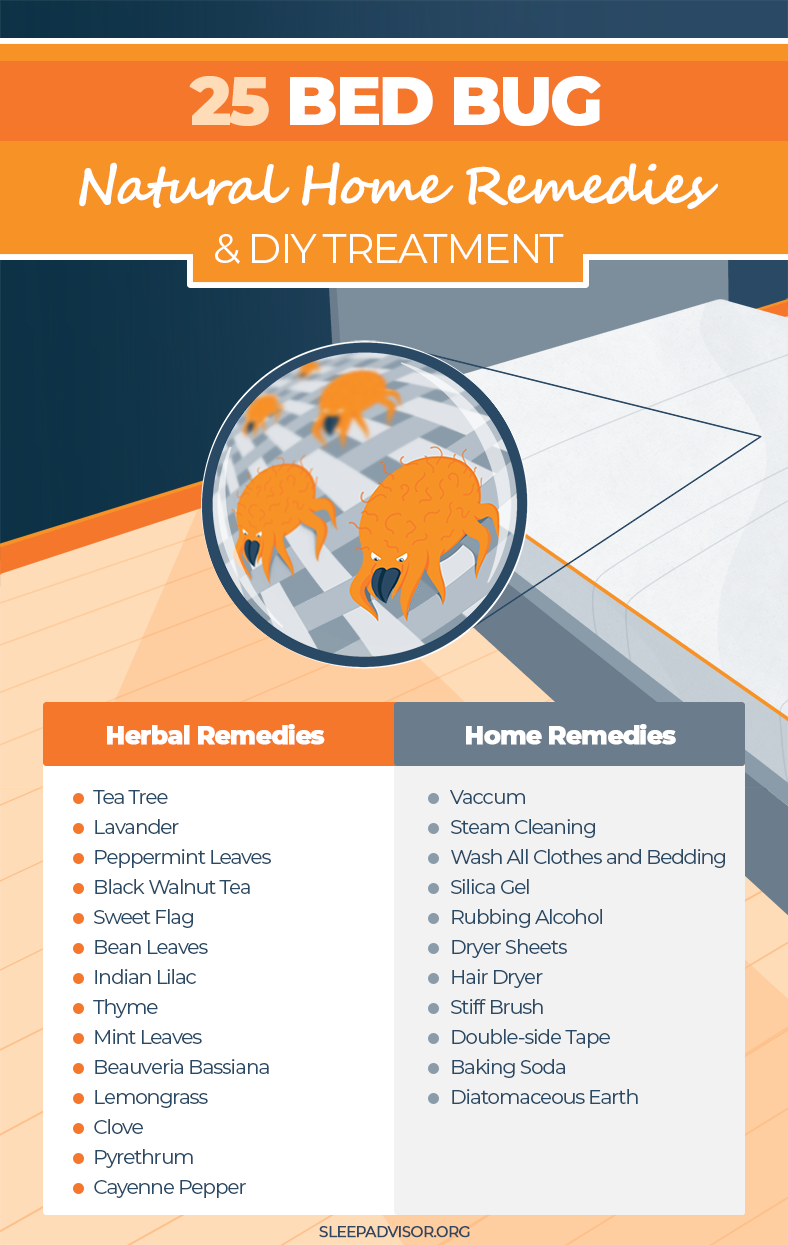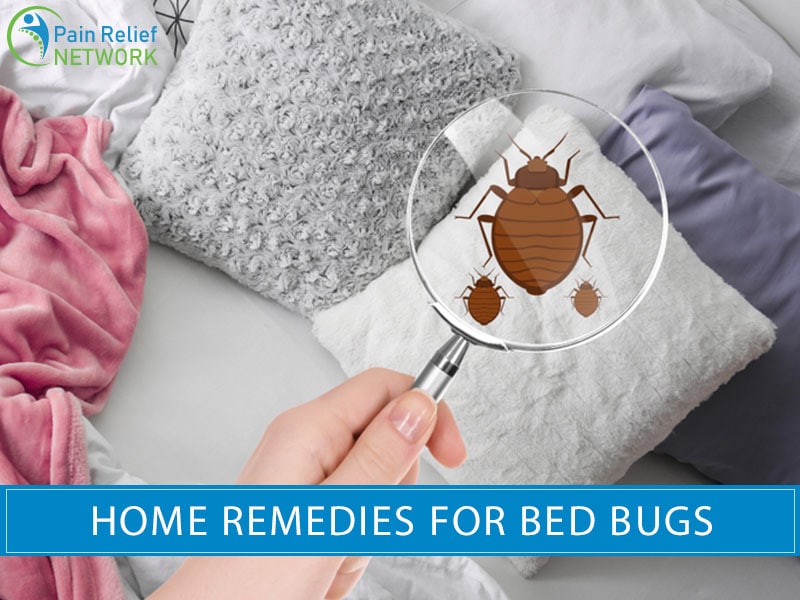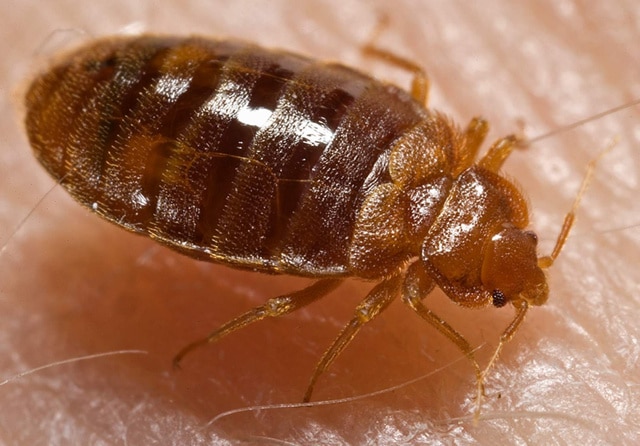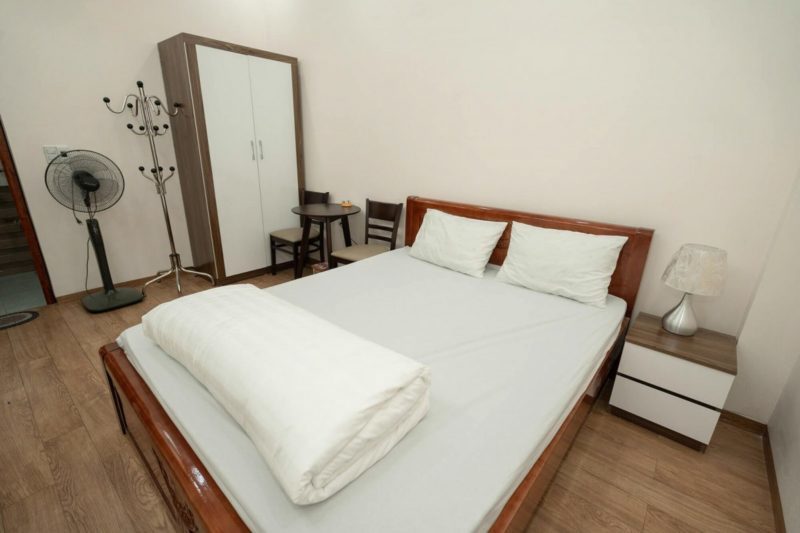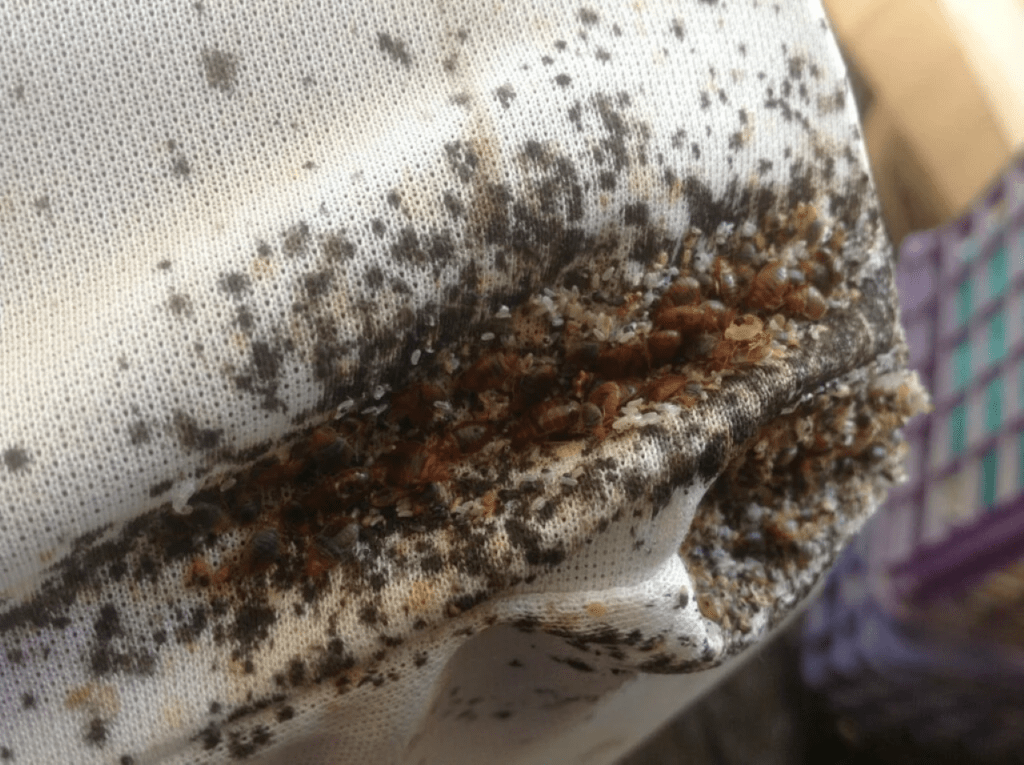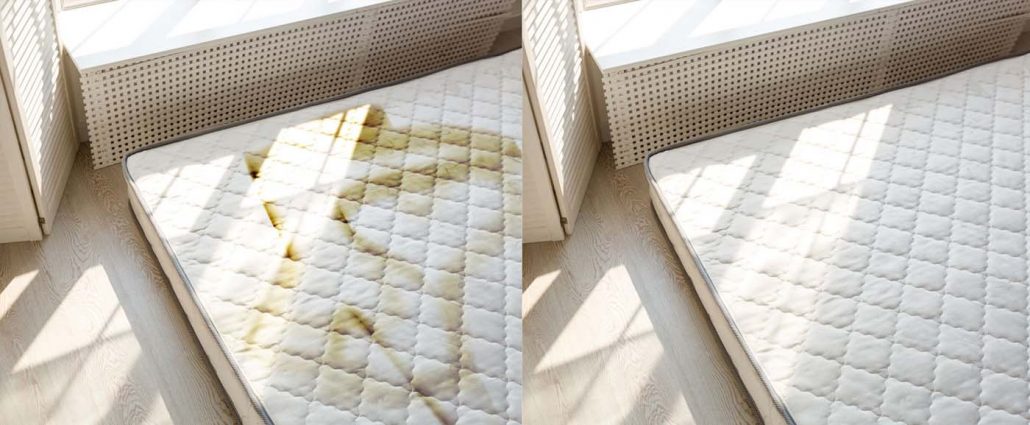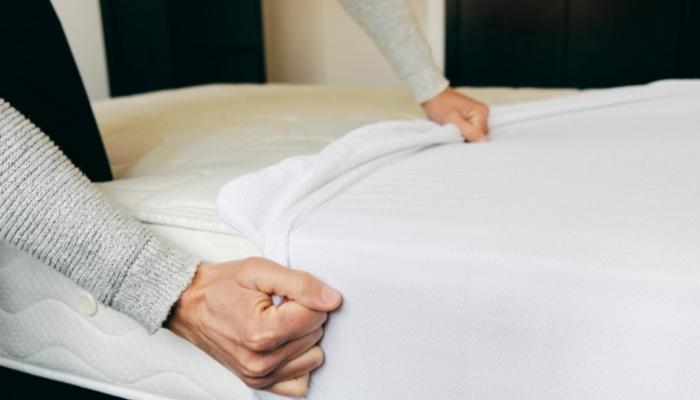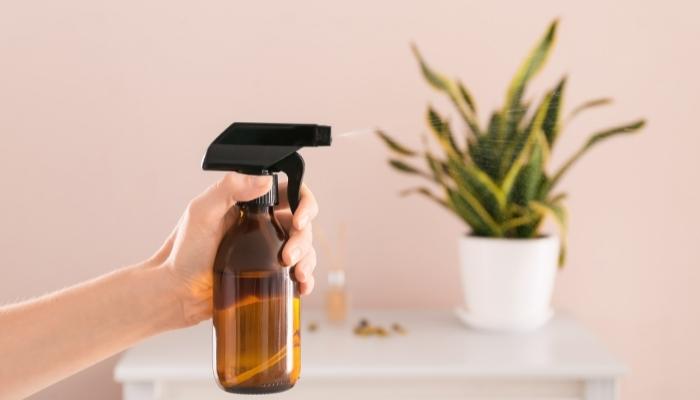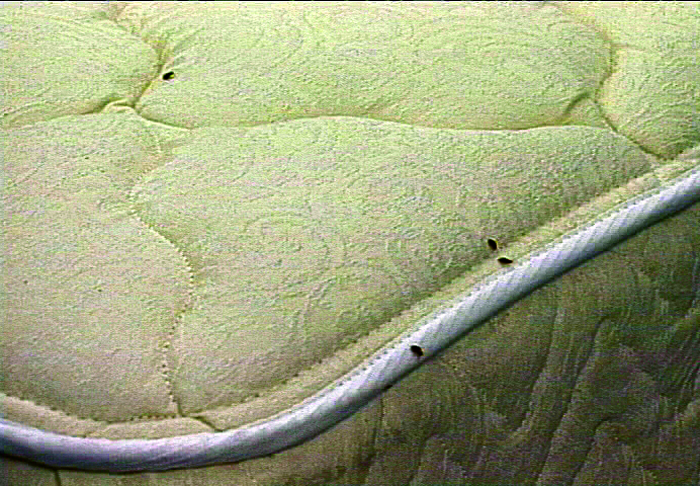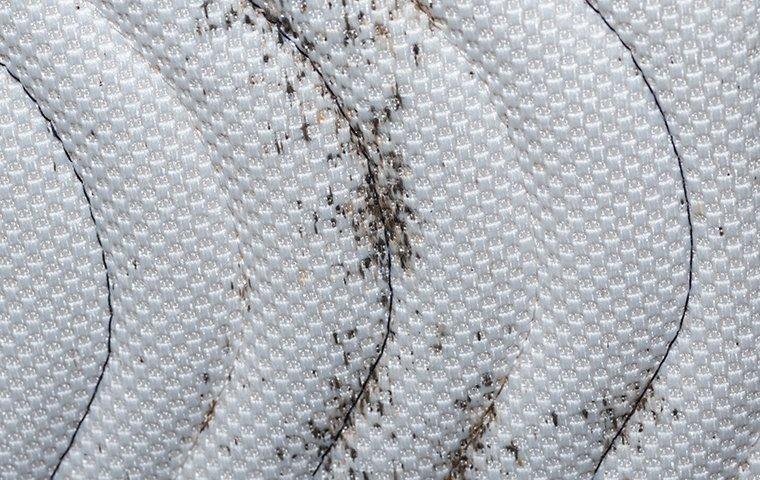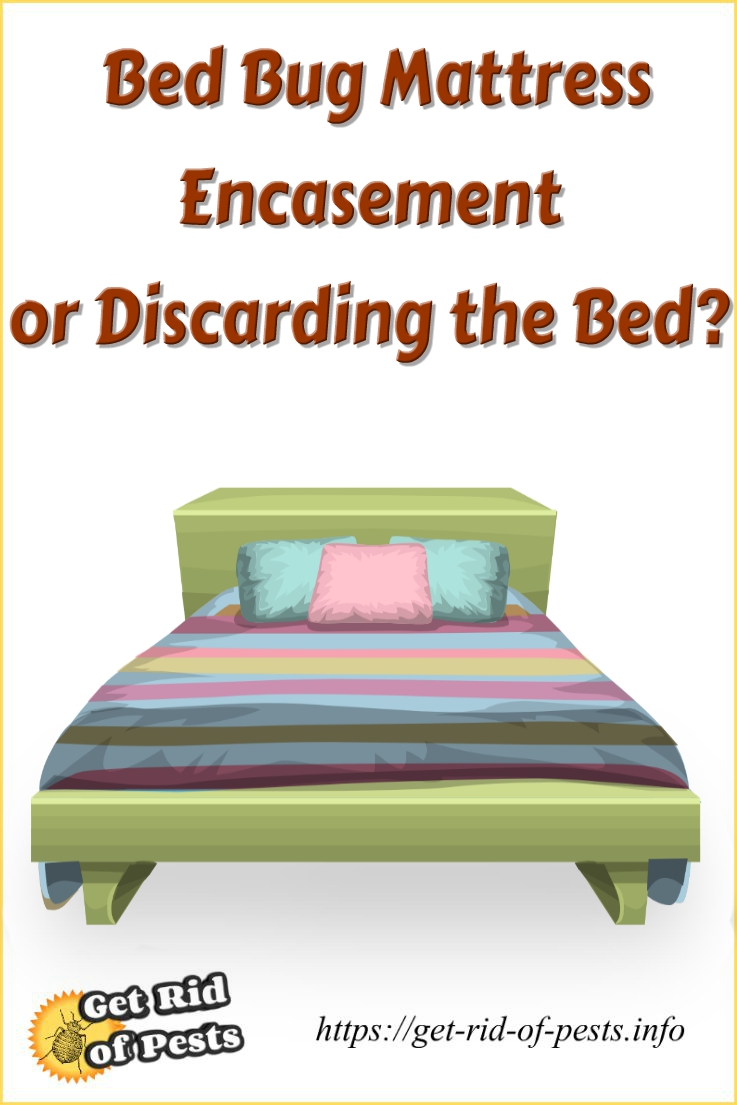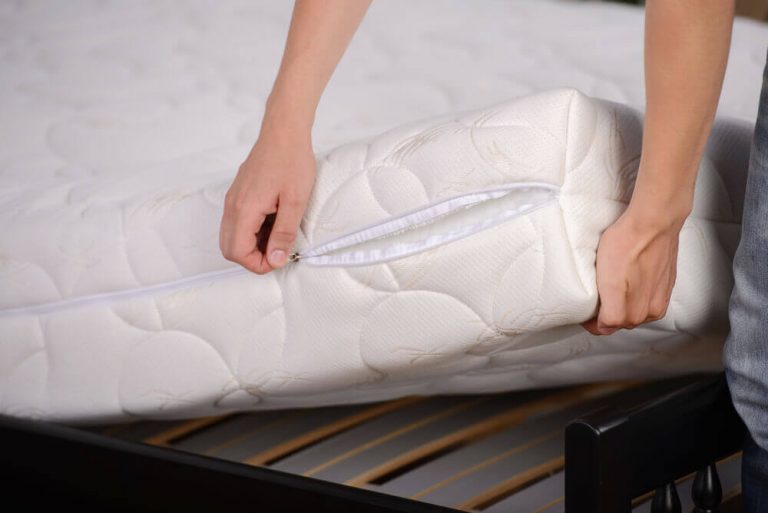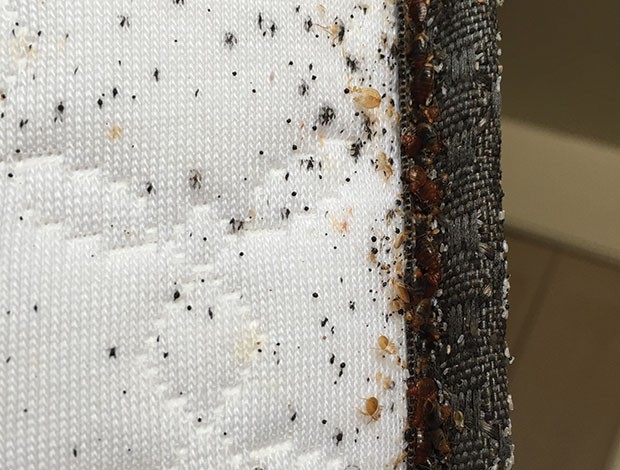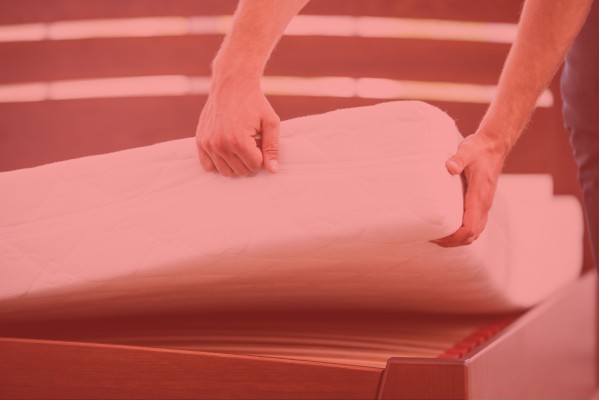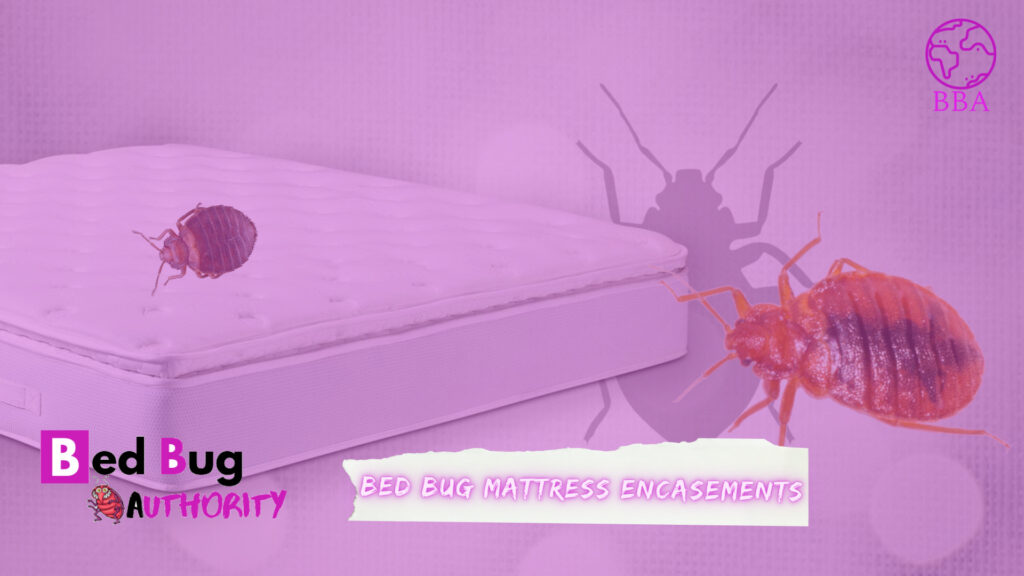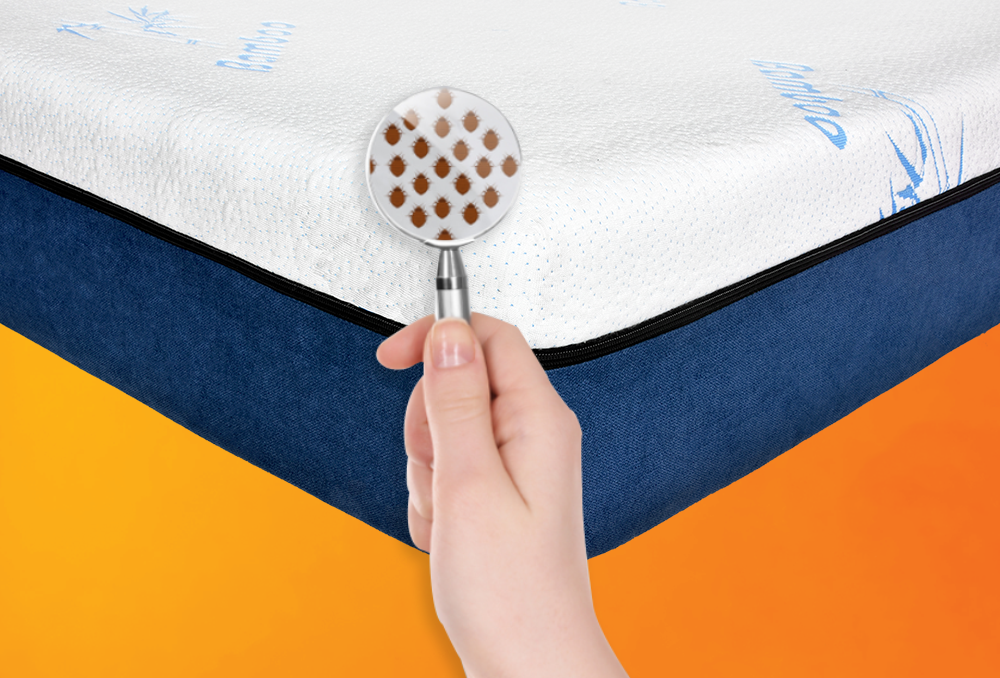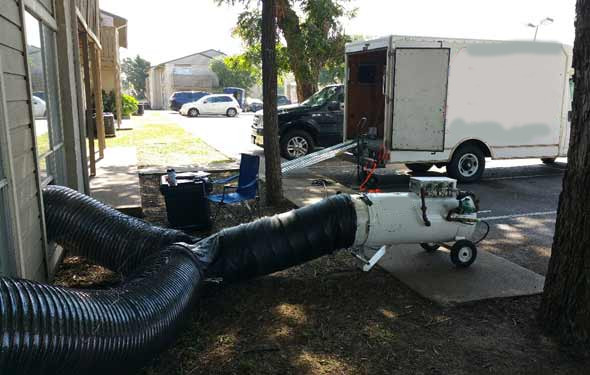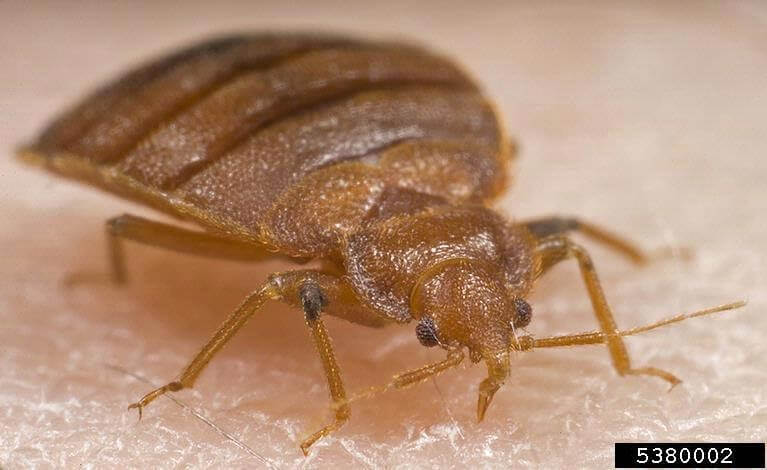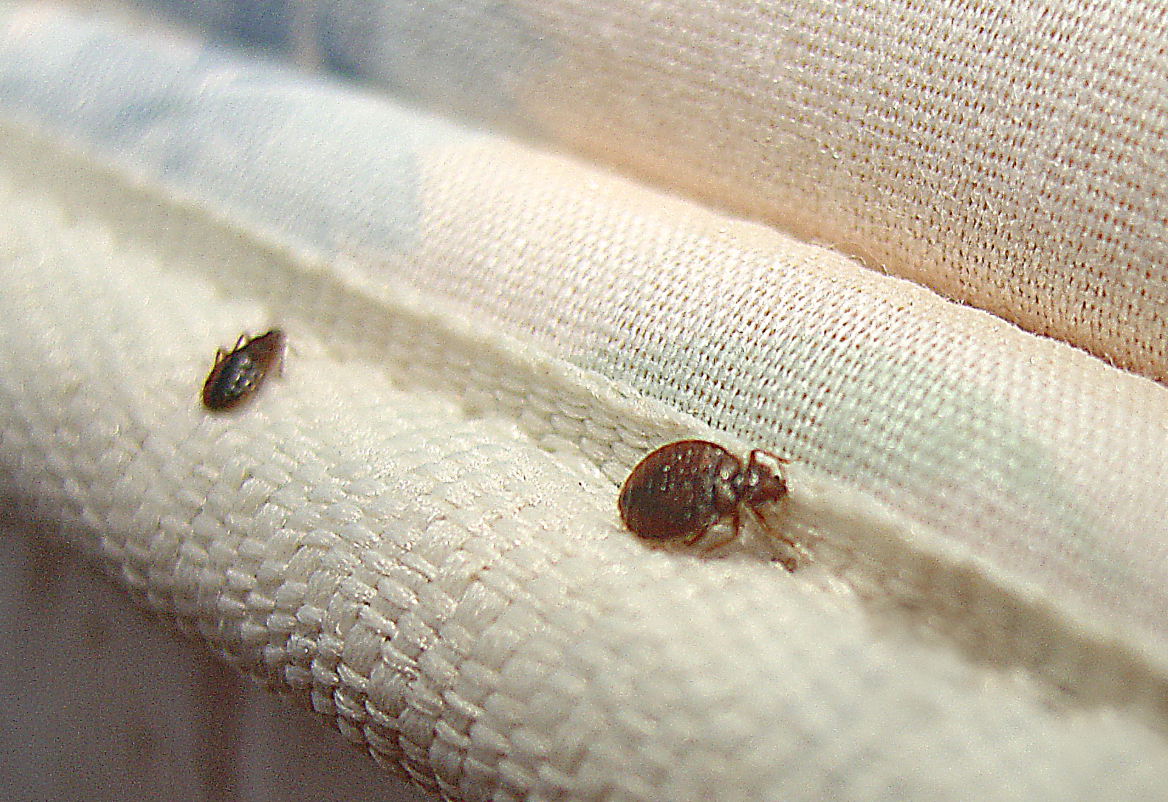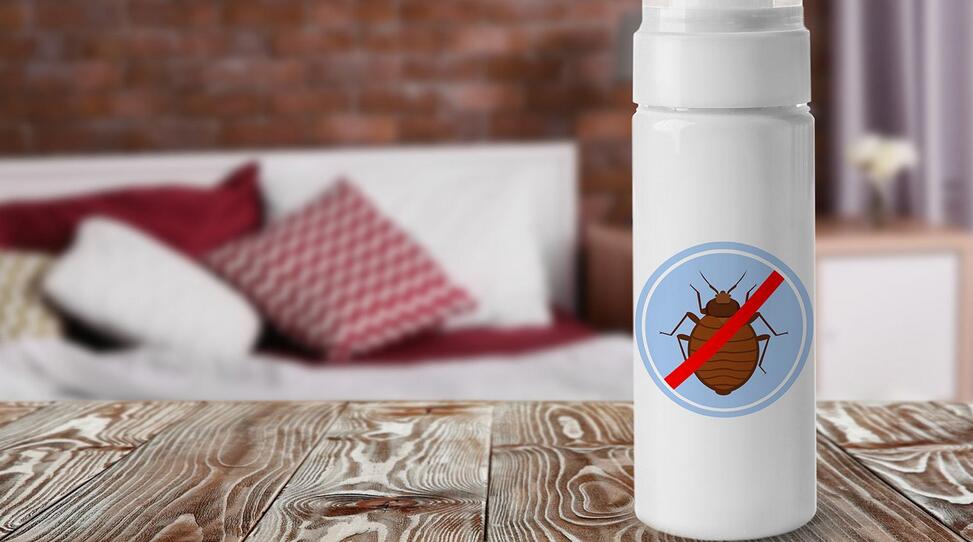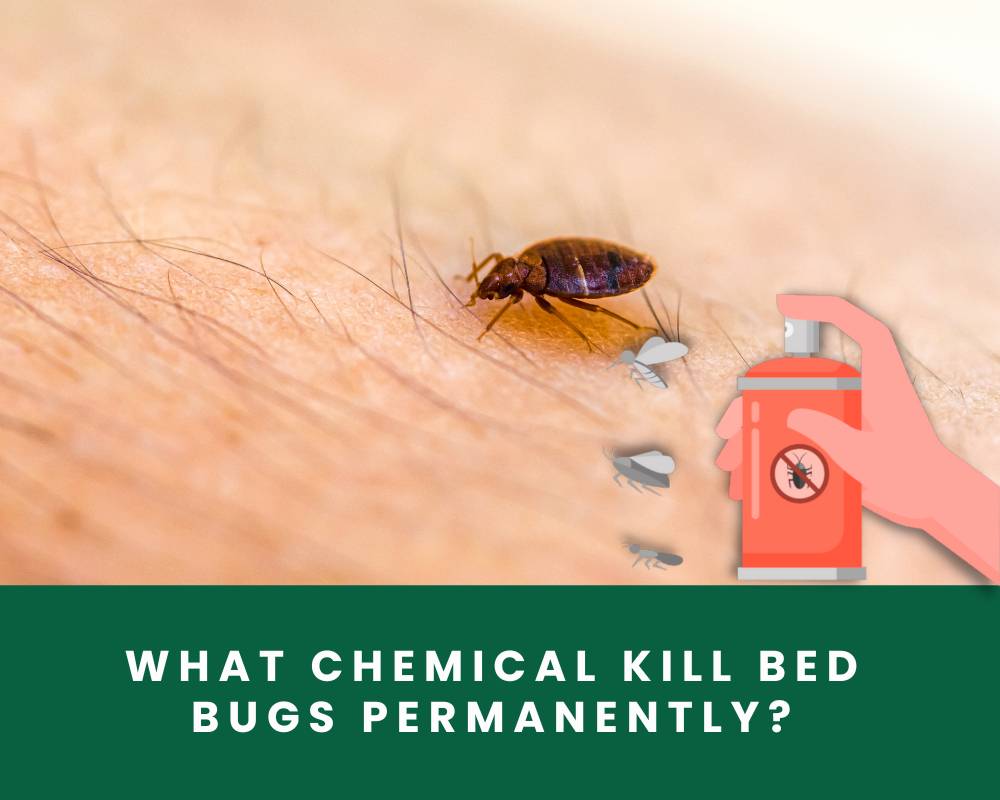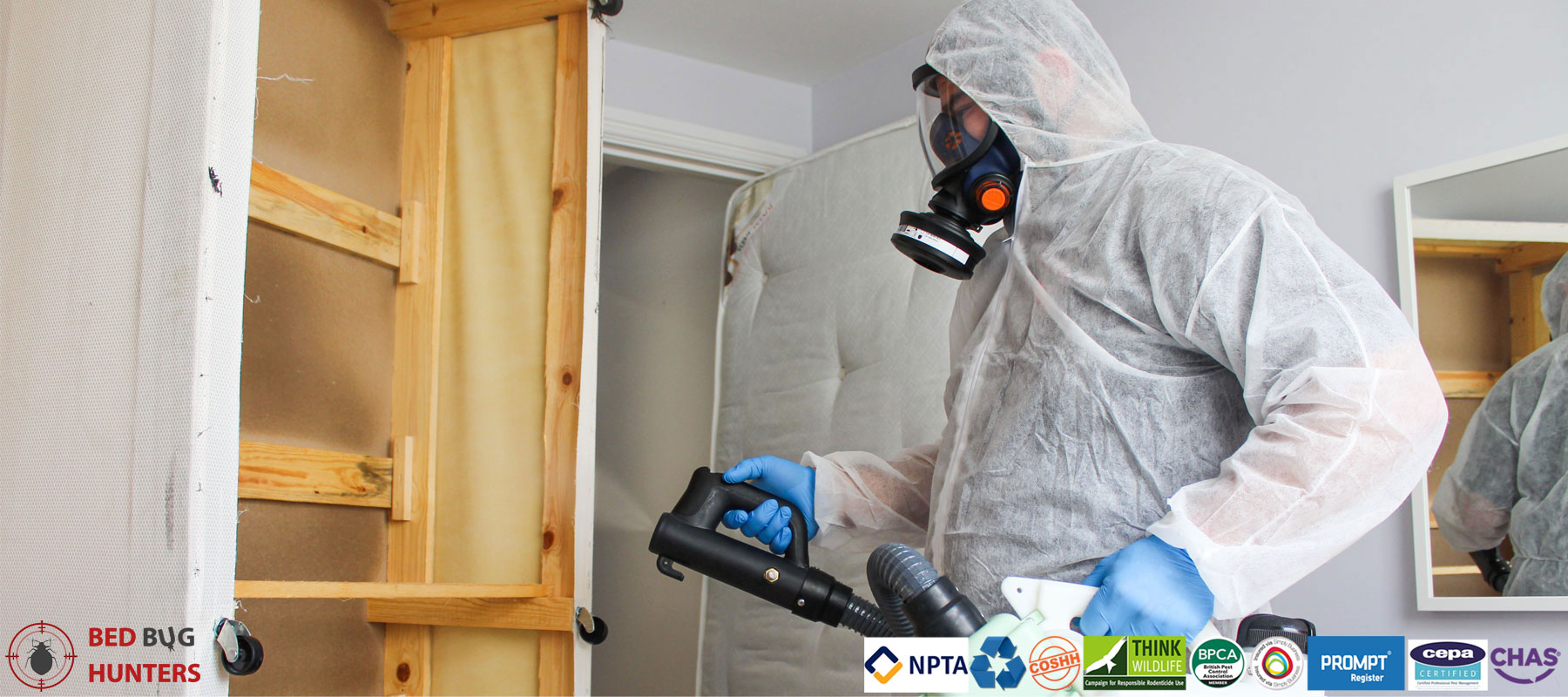1. How to Treat a Mattress for Bed Bugs
Bed bugs are a common household pest that can cause discomfort and frustration for many people. These tiny insects feed on human blood and can quickly infest a home if not properly treated. One of the most common places for bed bugs to hide is in mattresses, making it important to know how to treat your mattress for bed bugs.
First, you should thoroughly inspect your mattress for any signs of bed bugs. Look for small dark spots on the mattress, which could be bed bug feces, as well as any live bugs or shed skins. If you find evidence of bed bugs, it's important to act quickly to prevent the infestation from spreading.
One of the most effective ways to treat a mattress for bed bugs is to use a combination of heat and vacuuming. Start by vacuuming your entire mattress, paying special attention to seams, crevices, and tufts where bed bugs like to hide. After vacuuming, use a handheld steamer to go over the entire mattress, focusing on any areas where you found evidence of bed bugs. The heat from the steam will kill any bed bugs and their eggs.
For an extra layer of protection, you can also use a bed bug spray on your mattress. Look for a spray that is specifically designed for bed bugs and follow the instructions carefully. It's important to note that bed bug sprays should not be used as the only treatment method, but rather as a supplement to other methods like heat and vacuuming.
2. Best Ways to Get Rid of Bed Bugs on Your Mattress
If you're dealing with a bed bug infestation on your mattress, you want to get rid of these pesky insects as quickly and effectively as possible. Here are some of the best ways to get rid of bed bugs on your mattress:
1. Heat treatment: As mentioned before, heat is one of the most effective ways to kill bed bugs and their eggs. You can use a handheld steamer or a professional-grade bed bug heater to heat your mattress to a temperature that is lethal to bed bugs. Make sure to follow the instructions carefully to avoid damaging your mattress.
2. Vacuuming: Regular vacuuming can help remove bed bugs and their eggs from your mattress. Make sure to use a vacuum with a HEPA filter to ensure that the bed bugs don't escape and spread to other areas of your home.
3. Freezing: Bed bugs can also be killed by freezing temperatures. If it's winter and you live in a cold climate, you can leave your mattress outside for a few days to kill any bed bugs. However, this method may not be as effective as heat treatment.
4. Professional pest control: If your bed bug infestation is severe, it may be best to call in a professional pest control company. They have the expertise and equipment to effectively eliminate bed bugs from your mattress and home.
3. DIY Bed Bug Treatment for Mattresses
If you're looking for a more budget-friendly option, there are some DIY treatments you can try to get rid of bed bugs on your mattress. These methods may not be as effective as professional treatments, but they can still help reduce the number of bed bugs in your mattress.
1. Baking soda: Sprinkling baking soda on your mattress and leaving it for a few hours can help absorb moisture and odors from the mattress. This can make it less attractive for bed bugs to live in.
2. Essential oils: Some essential oils, such as tea tree, lavender, and peppermint, are said to repel bed bugs. You can mix a few drops of these oils with water and spray it on your mattress to help deter bed bugs.
3. Diatomaceous earth: This natural powder is made from fossilized algae and is said to be effective against bed bugs. Sprinkle it on your mattress and leave it for a few days before vacuuming it up.
4. Alcohol: Rubbing alcohol can kill bed bugs on contact. You can mix it with water and spray it on your mattress or use it to wipe down the surface of your mattress.
4. Natural Remedies for Treating Bed Bugs on Mattresses
If you prefer to use natural remedies, here are some options for treating bed bugs on your mattress:
1. Vinegar: Vinegar is known for its cleaning and disinfecting properties. You can mix equal parts of vinegar and water and spray it on your mattress to help kill bed bugs.
2. Lavender oil: Not only does lavender oil have a pleasant scent, but it also has insect-repelling properties. You can mix a few drops with water and spray it on your mattress to help deter bed bugs.
3. Black walnut tea: Black walnut is a natural insecticide and can be used to kill bed bugs. Brew a strong tea with black walnut leaves and spray it on your mattress.
4. Neem oil: Neem oil is another natural insecticide that can be used to get rid of bed bugs. Mix a few drops with water and spray it on your mattress.
5. Professional Mattress Bed Bug Treatment Options
If your bed bug infestation is severe or if you want a more effective and long-lasting solution, it's best to seek professional mattress bed bug treatment options. Here are some of the options available:
1. Heat treatment: As mentioned before, heat treatment is one of the most effective ways to get rid of bed bugs. Professional pest control companies use specialized equipment to heat your mattress to a temperature that is lethal to bed bugs.
2. Chemical treatments: Professional pest control companies also offer chemical treatments for bed bugs. These treatments can be effective, but they may require multiple visits and can be harmful to your health and the environment.
3. Cryonite freezing: This method uses carbon dioxide snow to freeze and kill bed bugs and their eggs. It's an environmentally friendly option, but it may not be as effective as heat treatment.
4. Fumigation: Fumigation involves sealing your mattress in a chamber and releasing a gas that kills bed bugs. This method is typically used for severe infestations and can be expensive.
6. Steps to Take Before and After Treating a Mattress for Bed Bugs
Before treating your mattress for bed bugs, it's important to take certain steps to ensure the treatment is effective. Here are some steps to take before and after treating your mattress for bed bugs:
Before treatment:
1. Seal your mattress: Encase your mattress in a bed bug-proof cover to prevent them from escaping during treatment.
2. Remove clutter: Clear out any clutter in your room to make it easier to treat and identify bed bugs.
3. Launder bedding: Wash all bedding in hot water and dry on high heat to kill any bed bugs and their eggs.
After treatment:
1. Vacuum regularly: Continue to vacuum your mattress and room regularly to pick up any remaining bed bugs.
2. Monitor for bed bugs: Keep an eye out for any signs of bed bugs and take action immediately if you notice any.
3. Use mattress encasements: Keep your mattress encased in a bed bug-proof cover to prevent future infestations.
7. How to Prevent Bed Bugs on Your Mattress
Prevention is key when it comes to bed bugs. Here are some tips to help prevent bed bugs from infesting your mattress:
1. Inspect secondhand items: If you're bringing in any used furniture or mattresses, make sure to thoroughly inspect them for bed bugs before bringing them into your home.
2. Use protective covers: Cover your mattress and box spring with bed bug-proof covers to prevent them from hiding and laying eggs on your mattress.
3. Be cautious when traveling: Bed bugs can easily hitch a ride on your luggage or clothing, so make sure to inspect your hotel room and wash and dry your clothes on high heat after returning from a trip.
4. Keep a clean and clutter-free home: Clutter provides hiding places for bed bugs, so regularly declutter and vacuum your home to make it less attractive for them to live in.
8. Bed Bug Mattress Encasements: Do They Really Work?
Bed bug mattress encasements have become a popular way to prevent and treat bed bug infestations. These covers are designed to completely encase your mattress, preventing bed bugs from entering or escaping. But do they really work?
The answer is yes, bed bug mattress encasements can be effective in preventing and treating bed bug infestations. However, it's important to note that they should not be used as the only treatment method. They should be used in combination with other methods like heat and vacuuming for the best results. Additionally, make sure to choose a high-quality encasement that is specifically designed for bed bugs.
9. Using Heat to Treat Bed Bugs on Mattresses
Heat treatment is one of the most effective methods for killing bed bugs and their eggs on mattresses. This method involves using heat to raise the temperature of your mattress to a level that is lethal to bed bugs.
There are a few different ways to use heat to treat bed bugs on mattresses:
1. Handheld steamer: You can use a handheld steamer to go over your entire mattress, focusing on any areas where you found evidence of bed bugs.
2. Professional-grade heater: Professional pest control companies use specialized equipment to heat your entire mattress to a temperature that is lethal to bed bugs.
3. Leave your mattress in the sun: If it's a hot day, you can also leave your mattress outside in the sun for a few hours to help kill any bed bugs.
10. Chemical Treatments for Bed Bugs on Mattresses
Chemical treatments can be effective in treating bed bugs on mattresses, but they should be used with caution. These treatments typically involve using insecticides to kill bed bugs and their eggs.
When using chemical treatments, it's important to follow the instructions carefully and use them as directed. Make sure to also take precautions such as ventilating the room and keeping children and pets away from the treated area.
It's also important to note that some bed bugs have become resistant to certain types of insecticides, so it may be best to consult with a professional pest control company for the most effective treatment option.
Treating Your Mattress for Bed Bugs: A Necessary Step in House Design

Why Bed Bugs are a Problem
 Bed bugs are small, parasitic insects that feed on the blood of humans and animals. They are notorious for infesting mattresses, making them a major concern for homeowners. Not only can the presence of bed bugs cause physical discomfort, but they can also have negative impacts on one's mental health and overall well-being. These pests can quickly multiply and spread throughout your home, making it essential to take immediate action if you suspect an infestation.
Bed bugs are small, parasitic insects that feed on the blood of humans and animals. They are notorious for infesting mattresses, making them a major concern for homeowners. Not only can the presence of bed bugs cause physical discomfort, but they can also have negative impacts on one's mental health and overall well-being. These pests can quickly multiply and spread throughout your home, making it essential to take immediate action if you suspect an infestation.
The Importance of Mattress Treatment
 One of the most common places for bed bugs to hide and reproduce is in your mattress. This is because mattresses provide the perfect environment for bed bugs to thrive - they are warm, dark, and provide easy access to their food source (i.e. you). If left untreated, bed bugs can quickly spread to other areas of your home and become a major nuisance. In addition, bed bug bites can cause allergic reactions and infections, making it crucial to treat your mattress as soon as possible.
One of the most common places for bed bugs to hide and reproduce is in your mattress. This is because mattresses provide the perfect environment for bed bugs to thrive - they are warm, dark, and provide easy access to their food source (i.e. you). If left untreated, bed bugs can quickly spread to other areas of your home and become a major nuisance. In addition, bed bug bites can cause allergic reactions and infections, making it crucial to treat your mattress as soon as possible.
The Best Way to Treat Your Mattress for Bed Bugs
 When it comes to treating your mattress for bed bugs, there are a few different methods you can use. One option is to hire a professional exterminator, who will have specialized equipment and knowledge to effectively eliminate the infestation. However, this can be costly and may not fit into everyone's budget. Another option is to treat the mattress yourself using
natural, non-toxic
methods. This involves thoroughly vacuuming the mattress, washing all bedding in hot water, and using
essential oils
such as peppermint, lavender, or tea tree oil to repel and kill bed bugs.
When it comes to treating your mattress for bed bugs, there are a few different methods you can use. One option is to hire a professional exterminator, who will have specialized equipment and knowledge to effectively eliminate the infestation. However, this can be costly and may not fit into everyone's budget. Another option is to treat the mattress yourself using
natural, non-toxic
methods. This involves thoroughly vacuuming the mattress, washing all bedding in hot water, and using
essential oils
such as peppermint, lavender, or tea tree oil to repel and kill bed bugs.
Preventative Measures for Future Infestations
 Once you have successfully treated your mattress for bed bugs, it is important to take preventative measures to avoid future infestations. This includes regularly vacuuming and cleaning your mattress, using mattress encasements, and inspecting your luggage and clothing before bringing them into your home. It is also a good idea to
use a mattress cover
specifically designed to repel bed bugs.
Once you have successfully treated your mattress for bed bugs, it is important to take preventative measures to avoid future infestations. This includes regularly vacuuming and cleaning your mattress, using mattress encasements, and inspecting your luggage and clothing before bringing them into your home. It is also a good idea to
use a mattress cover
specifically designed to repel bed bugs.
Final Thoughts
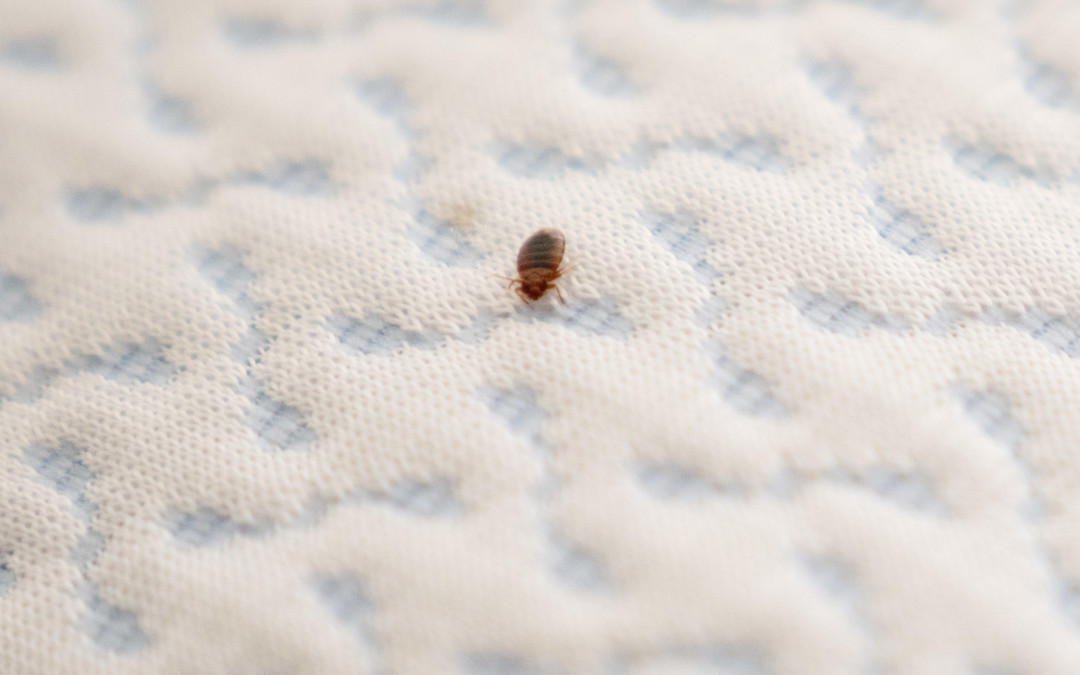 Bed bugs are a common problem that can greatly impact the comfort and safety of your home. Treating your mattress for bed bugs is an essential step in maintaining a clean and healthy living space. Whether you choose to hire a professional or use natural methods, taking action against bed bugs will not only eliminate the pests but also provide peace of mind for you and your family. Don't wait until it's too late - treat your mattress for bed bugs today.
Bed bugs are a common problem that can greatly impact the comfort and safety of your home. Treating your mattress for bed bugs is an essential step in maintaining a clean and healthy living space. Whether you choose to hire a professional or use natural methods, taking action against bed bugs will not only eliminate the pests but also provide peace of mind for you and your family. Don't wait until it's too late - treat your mattress for bed bugs today.

